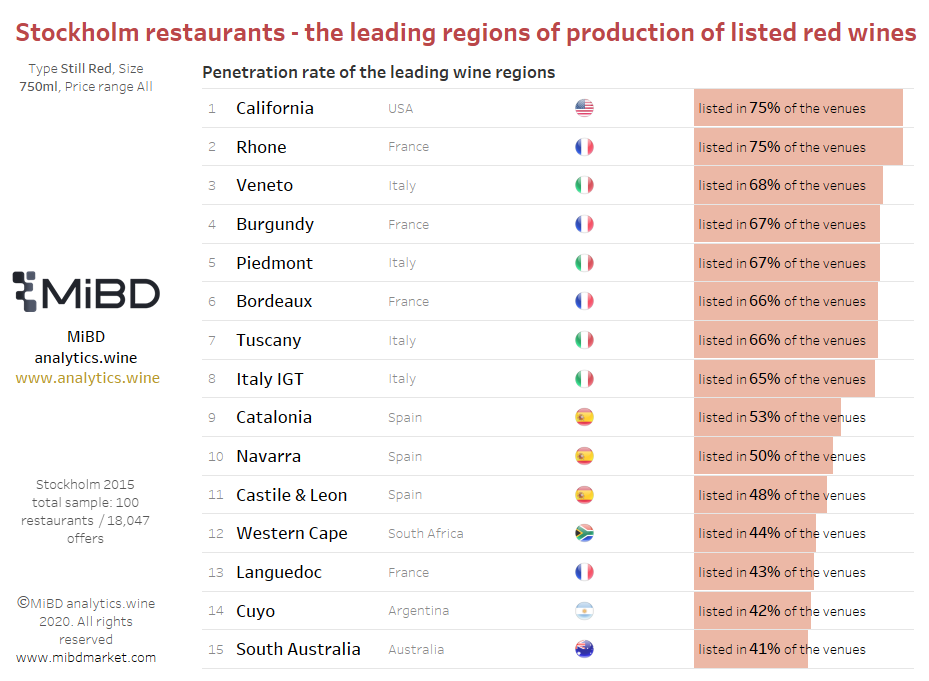Alcohol problems occur notably in societies where binge drinking of spirits has long been accepted cultural behavior. The temperance movements have long presented both health and moral arguments against alcohol.
Similar temperance pressure has also existed elsewhere, often with very different effects from the alcohol bans that you are familiar with. For example, the effect in France was to create the modern system of clearly demarcated high-quality wine-making regions, in order to encourage people away from drinking large amounts of cheap wine.
In the (Protestant) Nordic countries binge drinking used to be part of the culture. Traditionally, non-grape wines and beer might be consumed with food, or might not. However, the drinking of spirits was part of a completely separate set of activities. The basic idea was to keep drinking until you literally couldn’t continue. These problem countries tend to be in the colder northern regions — spirits can keep you warm during the long dark winters.
The alternative approach to control has always been high taxes, of course. At various times, all of the Nordic countries have been world-renowned for their alcohol taxes, although currently none of them are particularly onerous.
We have analyzed red wines listed in Chinese restaurants:
1. California
2. Rhone
3. Veneto
4. Burgundy
5. Piedmont
6. Bordeaux
7. Tuscany
8. Italy IGT
9. Catalonia
10. Navarra
11. Catille & Leon
12. Western Cape
13. Languedoc
14. Cuyo
15. South Australia

Sweden has the biggest population of the Nordic countries, and also produces the biggest alcohol-consumption revenue. The Swedish government did not have alcohol production or importation monopolies when it joined the EU, but it did retain a monopoly over sales. However, a few years ago Sweden dropped control of trade sales (restaurants, bars, caterers, etc), while still retaining control of retail sales (through Systembolaget = The System Company).
Sweden’s Systembolaget was founded in 1955. As the company itself puts it: ‘The old System stores were largely located on hidden back streets. The signs were unobtrusive, and the windows advertised completely different goods, such as clothes and shoes. But when the new Systembolaget was founded, the management decided to bring the stores into the city center’.
Clients had to ask for your bottles across a counter, having waited patiently in a ticketed queue; the weekday opening hours were rather short (10 am to 3 pm); and the queues on Friday afternoon (open until 5 pm) were extensive, because the shops were not open on weekends.
It was 1982 when Saturday closing was introduced; and this remained in force until 2001 (although even now the stores still close at 3 pm on Saturday). A few partial self-service stores started to appear from 1984, with the first fully self-service store opening in 1991. However, it was not until 2013 that all of the stores had adopted this format. Limited online-ordering was instituted in 2001, culminating in full home delivery in 2012, which became nationwide in 2019.